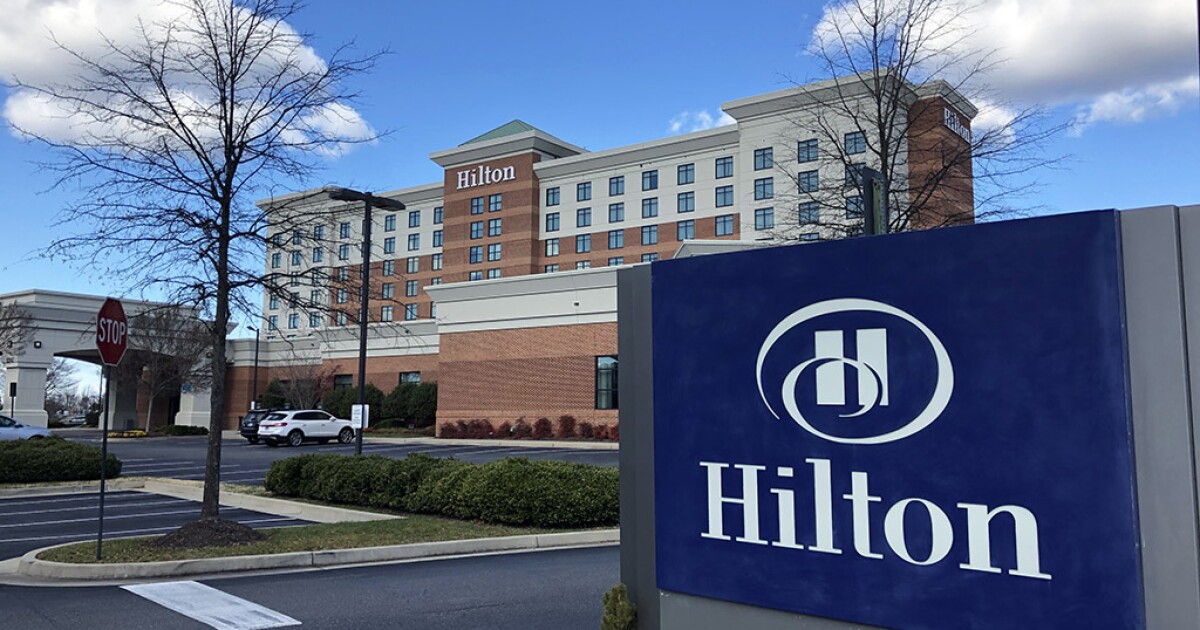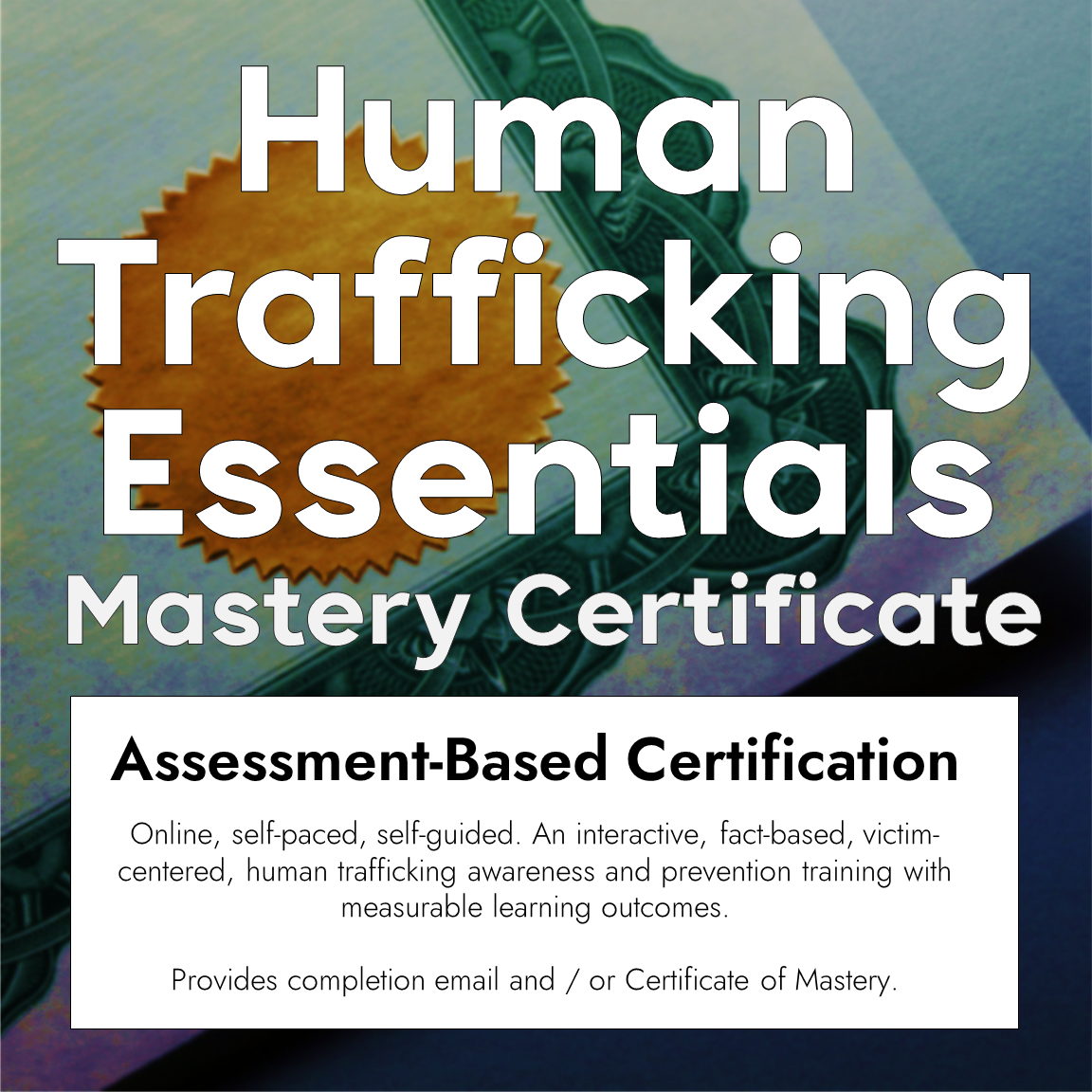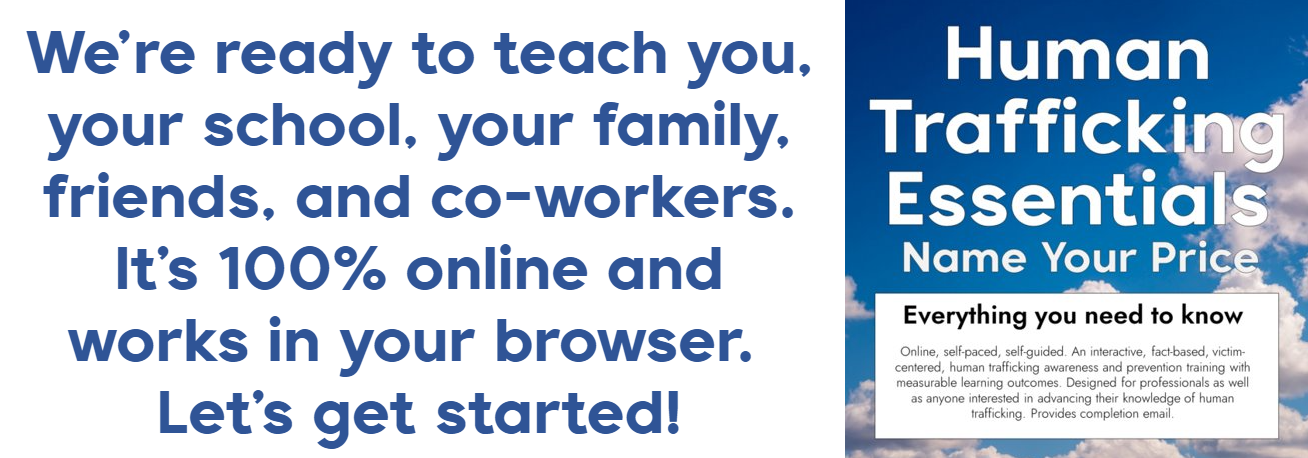New tax, mandatory human trafficking training for Central Va hotels starts July 1

RICHMOND, Va. — Hotels in Central Virginia will begin charging an additional 2% fee on nightly rates starting Saturday.
The Richmond Tourism Improvement District (TID) impacts hotels in Hanover, the town of Ashland, Richmond, Henrico and Chesterfield with 41 rooms or more who will implement the new tax.
The funds will go to Richmond Region Tourism and are expected to double the nonprofit's budget to more than $8 million annually.
The fee will support the promotion of RVA as a leisure, conference, and sports tourism destination, according to Richmond Region Tourism Executive Vice President Katherine O'Donnell.
“When we think about how the destination is growing, a lot of our jurisdictions are investing in facilities. You have Green City on the line in Henrico as well as the indoor sports complex in Chesterfield. They're investing in their fields at River City Sportsplex,” O'Donnell said.
Virginia code required more than 51% of hoteliers in each locality to agree to this new fee.
Neil Amin, CEO of Shamin Hotels, is opening his 75th hotel in Henrico County this week. He was on the steering committee tasked with getting hotel owners in Metro Richmond on board with the fee.
“I think taking a step back in a post-pandemic world, we're seeing that the the specific traveler has changed. We're seeing less salespeople that come in on a Tuesday and visit a couple of clients and leave on a Wednesday,” Amin noted. “We're really seeing more sports tourism.”
A TID is not a unique idea. There are dozens across the country.
Amin said they sought inspiration from San Diego to attract new visitors to come to our area who, in return, will spend money at local restaurants and businesses.
Hotel employees hired on or before Jan. 1 are alsorequired to complete mandatory human trafficking training by July 1.
The law, that went into effect Jan. 1, mandates current hotel employees to complete the 30-minute online training course by Saturday.
Employees hired after Jan. 1 have six months to complete the training and it is required every two years.
The State Department has reported Interstate 95 is the main South to North trafficking route on the East Coast and provides easy access to major cities like Miami and New York City.
Briana Bill serves as an environmental health coordinator with the Virginia Department of Health. She oversees regulatory programs within Virginia's tourism industry including hotels and campgrounds.
Bill and her team will inspect hotels routinely to ensure their employees have completed the free training on how to spot human trafficking.
“It might be folks who are disconnected or discouraged from interacting with others. They might automatically refer to someone else to speak for them on their behalf. Or maybe they're coached on what to say,” Bill explained.
The training is important because human trafficking is hard to identify, and she said it involves a variety of signs.
Anyone can access this free 30-minute course online on the VDH website.
House Bill 258 directs the Virginia Department of Criminal Justice Services (DCJS) develop the online course. The bill was included in Attorney General Jason Miyares' legislative agenda in 2022.
EAT IT, VIRGINIA restaurant news and interviews
This “Eyes on Trafficking” story is reprinted from its original online location.
Fair Use Notice: The PBJ Learning Knowledge Vault is dedicated to advancing understanding of various social justice issues, including human trafficking and related topics. Some of the material presented on this website may contain copyrighted material, the use of which has not always been specifically authorized by the copyright owner. We are making such material available in our efforts to promote education and awareness of these important issues. There is no other central database we are aware of, so we put this together for both historical and research purposes. Articles are categorized and tagged for ease of use. We believe that this constitutes a ‘fair use' of any such copyrighted material as provided for in section 107 of the US Copyright Law. In accordance with Title 17 U.S.C. Section 107, the material on this site is distributed without profit to those who have expressed a prior interest in receiving the included information for research and educational purposes. For more information on fair use, please visit: “17 U.S. Code § 107 – Limitations on exclusive rights” on Cornell Law School's Legal Information Institute.

ABOUT PBJ LEARNING
PBJ Learning is a leading provider of online human trafficking training, focusing on awareness and prevention education. Their interactive Human Trafficking Essentials online course is used worldwide to educate professionals and individuals how to recognize human trafficking and how to respond to potential victims. Learn on any web browser (even your mobile phone) at any time.
More stories like this can be found in your PBJ Learning Knowledge Vault.
EYES ON TRAFFICKING
This “Eyes on Trafficking” story is reprinted from its original online location.
ABOUT PBJ LEARNING
PBJ Learning is a leading provider of online human trafficking training, focusing on awareness and prevention education. Their interactive Human Trafficking Essentials online course is used worldwide to educate professionals and individuals how to recognize human trafficking and how to respond to potential victims. Learn on any web browser (even your mobile phone) at any time.
More stories like this can be found in your PBJ Learning Knowledge Vault.

